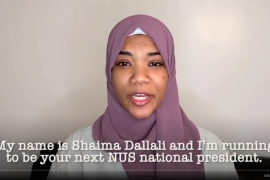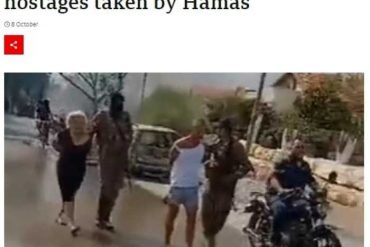1) At the INSS Orna Mizrahi provides an interim assessment of Operation Northern Shield.
“This display of IDF intelligence and operational capabilities strengthens Israeli deterrence somewhat, evident in Hezbollah’s “thunderous silence” over the past month and the lack of any significant response by its fighters or leadership, be it a public announcement or activity on the ground, except for the limited effort to show its presence along the border. Moreover, it made no attempt to disrupt the IDF activity, despite the impact of this activity on the Lebanese side (the sound of explosions and flow of liquid concrete poured into the tunnels). One way to explain Hezbollah’s restraint is the caution taken by the IDF to operate solely on the Israeli side. However, the restraint also strengthens the assumption that Hezbollah, like Israel, is not interested in an all-out conflict at this time. It appears that Israel’s cognitive and public diplomacy campaign surrounding the operation also had an impact, as it presented a clear picture regarding the IDF’s goals and activity, including updates given to UNIFIL and through it to the Lebanese army. This in turn reduced the possibility of military conflict, miscalculations, and escalation.”
2) At the CFR Elliot Abrahams takes the pulse of Palestinian democracy.
“On January 9, 2005—exactly 14 years ago today—Mahmoud Abbas was elected president of the Palestinian Authority. For a four-year term.
Today Abbas begins serving the fifteenth year of his four-year term.
That 2005 election was actually a milestone for Palestinians. Yasser Arafat had died the previous November, and this election was to choose his successor as head of the PA. It was a good election—free and fair in the sense that the votes were counted accurately and people could campaign against Abbas. […]
As Abbas marks his anniversary in power, those who had hoped for positive political evolution in the Palestinian territories can only mourn the way he has governed, especially in the last decade. He has outlawed politics in the West Bank. Under the guise of fighting Hamas, he has outlawed any criticism of the corrupt Fatah rule and prevented any debate on the Palestinian future.”
3) At the FDD Saeed Ghasseminejad and Tzvi Kahn take a look at Iran’s new budget.
“Iran’s military spending will significantly decrease while its domestic security expenditures will modestly increase, according to a draft of the 2019-2020 budget that President Hassan Rouhani submitted to parliament in late December. The new figures suggest that reimposed U.S. sanctions, which intensify the pressure on a regime already rocked by ongoing nationwide protests, have forced Tehran to prioritize its stability over its expansionary ambitions. […]
To be sure, Iran’s military establishment, especially the IRGC, does not depend solely on the state budget for its funding. The military establishment controls a fifth of the market value of companies listed on the Tehran Stock Exchange and owns thousands of other companies, all of which generate revenue for the armed forces. Additionally, the IRGC controls a significant portion of Iran’s underground economy.”
4) The Times of Israel carries a story about a new shopping mall that BBC audiences are unlikely to hear.
“The parking lot is open, but the escalators aren’t working yet at Atarot Mall, a new, two-floor, NIS 200 million ($54 million) mall built by supermarket king Rami Levy on the seam between Arab and Jewish Jerusalem. […]
Officially, the mall will open for business on January 29, Levy said. For now, about one-third of the stores were open, while others were still stocking inventory. Some 35 percent of the store owners in the mall are Palestinian and some of the branches of chain stores are owned by Palestinian franchisees.
Customers, a mix of Palestinians and Israelis, were drinking coffee and eating pastries at Cafe Neeman, and wandering in and out of the stores that were open. […]
The Cafe Neeman chain opened its 56th outlet in the mall, said Yaniv Neeman, scion of the family, who was working the sandwich counter on Tuesday morning. The manager is Amjad Awadalla, who franchised this branch.
“That’s how we always do things,” said Neeman. “Jews and Arabs always work together at every Cafe Neeman.””




